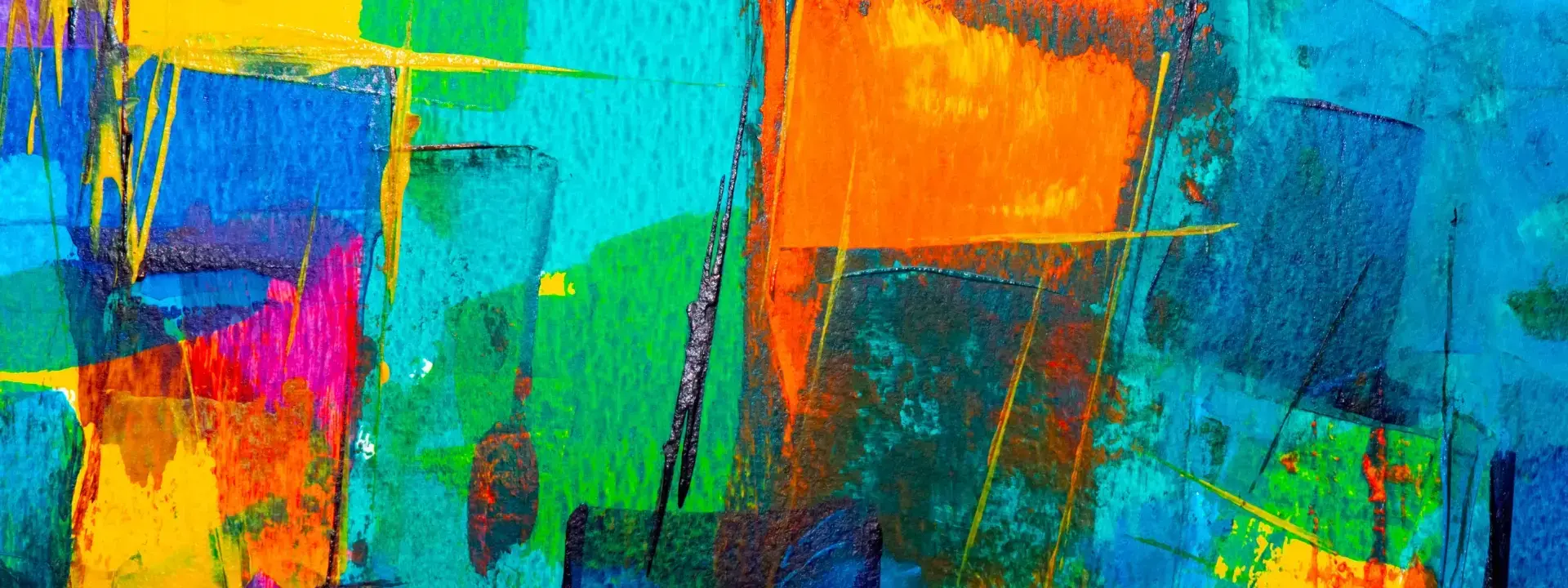
Fine Artist Job Description
What is a Fine Artist Professional?
A fine artist is an individual who creates artwork that is primarily aesthetic or evokes emotion in its viewers. Fine artists may work in a variety of mediums, such as painting, sculpture, photography, ceramics, and printmaking. Although the term “fine artist” can be used to describe anyone who creates art for enjoyment or decoration, it typically refers to those who have made a career out of their creative pursuits. Fine artists often begin their careers by studying at an art school or college. Here they will learn about the different elements of composition and design as well as gain technical skills in their chosen medium. Many fine artists also choose to complete a bachelor’s degree or higher in studio art or fine arts before embarking on their professional practice.
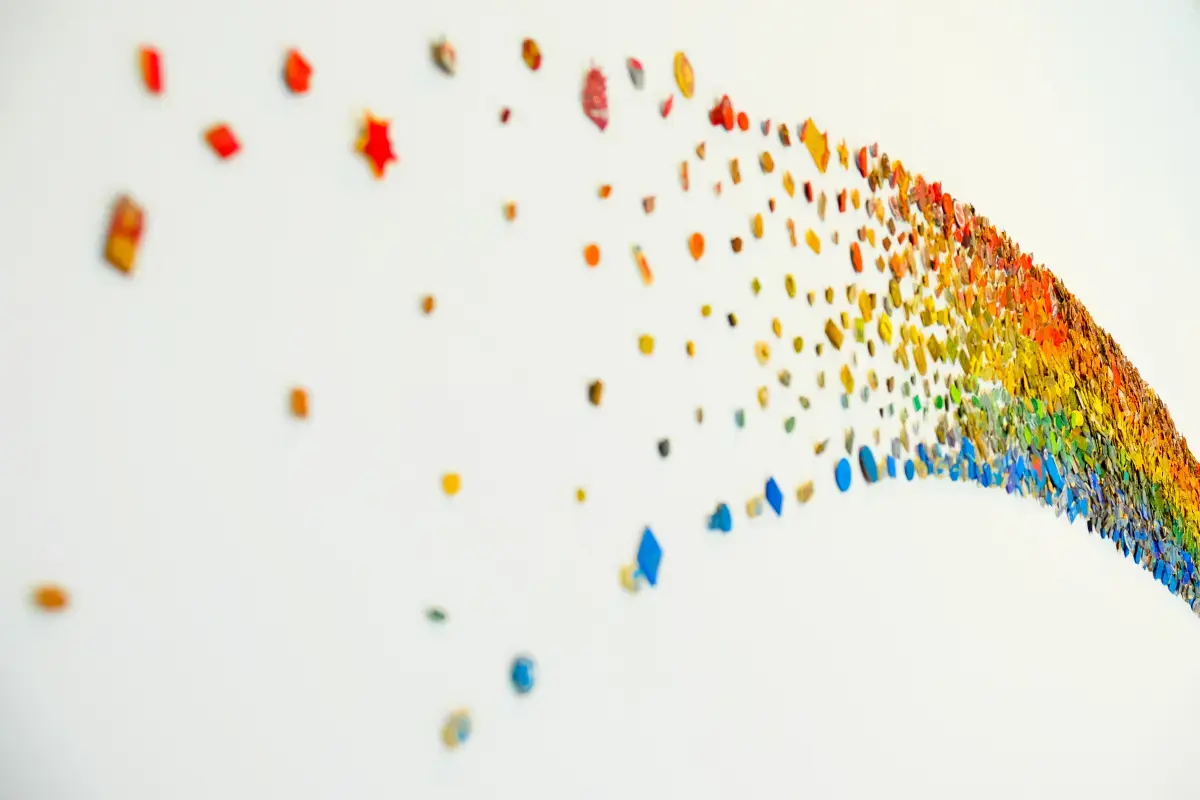
What does a Fine Artist Expert do?
During this time, students are encouraged to develop their own personal style and artistic voice. After completing formal education, many fine artists find work in galleries representing themselves and other creators; others secure jobs teaching art classes; still others freelance , working on commission only when hired for specific projects . There are many opportunities available for commercially successful flow painters , graphic designers et cetera but these occupations require meeting deadlines more than acquiring critical acclaim . In essence then being classed as avant-garde might be seen as meaning little more sales success – commercialism trumps creativity almost every time!
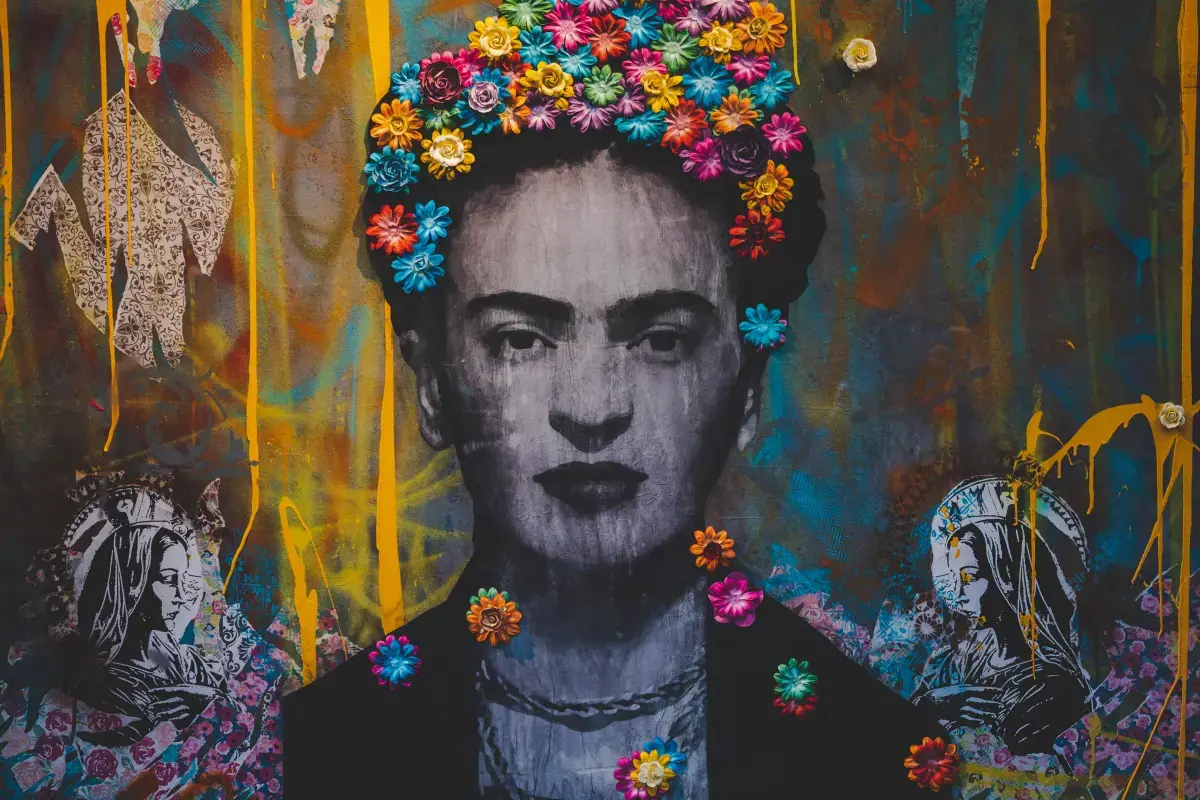
What are the Skills of a Fine Artist?
A fine artist is someone who produces artworks that are primarily aesthetic in nature, or concerned with the creation of beautiful objects. Fine artists may use a variety of mediums to create their work, including painting, sculpture, printmaking, photographing and more.
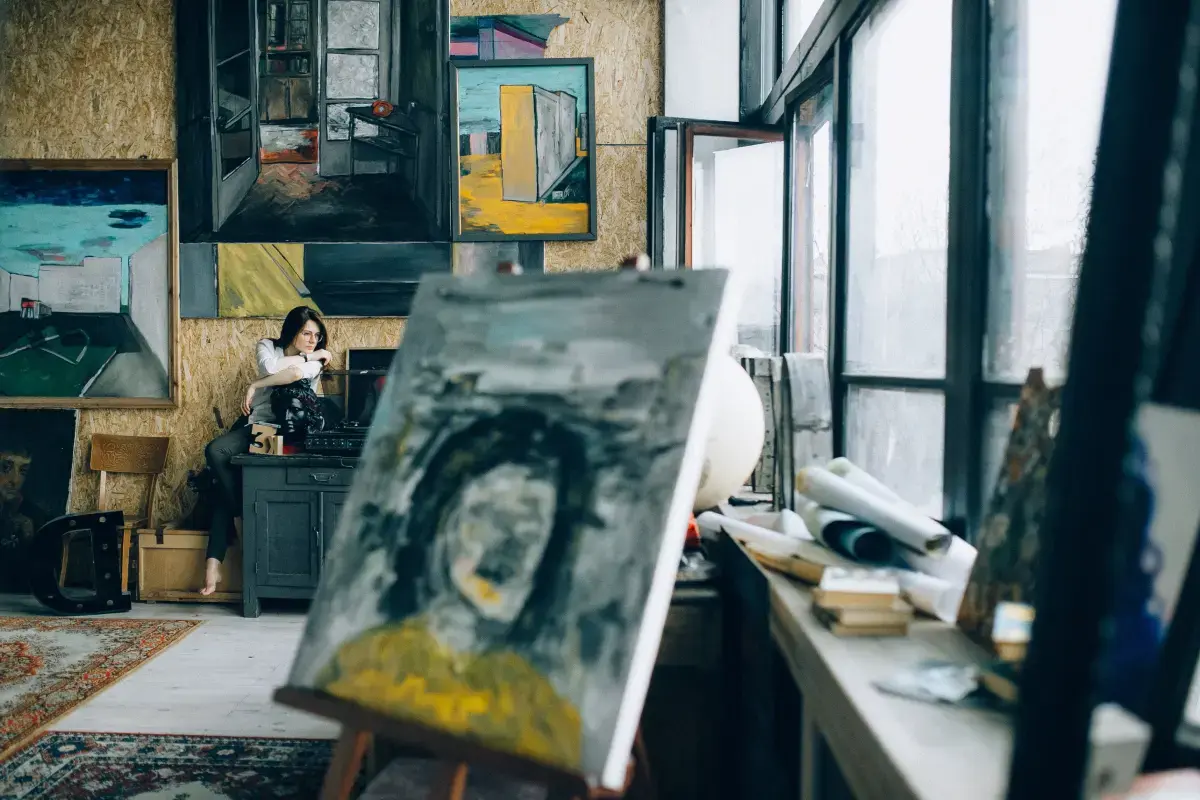
What makes an Expert Fine Artist?
Some skills and experience that a fine artist might need include: - A good working knowledge of the various art media available - how they can be used alone or in combination to create desired effects; - An understanding of colour theory and how colours interact; - The ability to take inspiration from everyday life and translate it into an artwork; - Good manual dexterity for creating detailed works by hand; Patience! - especially when dealing with intricate details or less forgiving materials like clay ;-) Various tools will also come in handy depending on your chosen medium e.g., paint brushes/palettes/paint thinners if youre planning to paint
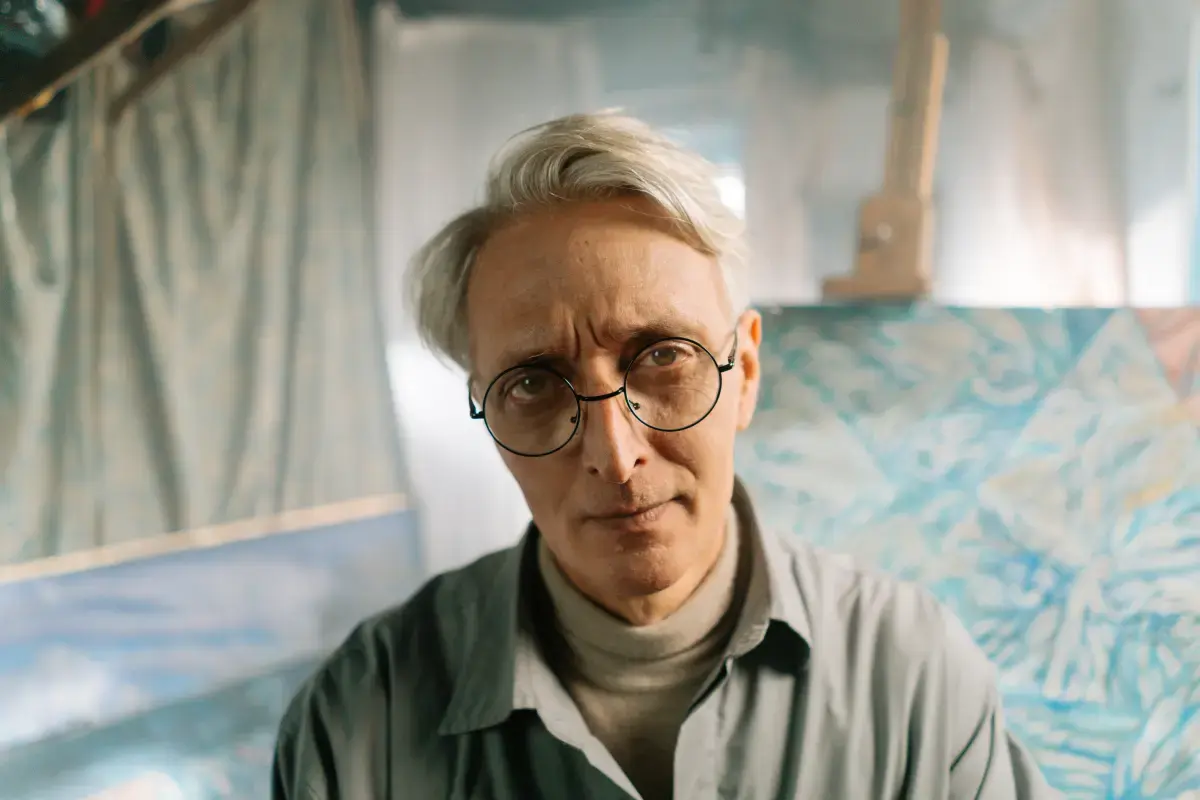
What level of Experience & Qualifications are required to be a Fine Artist?
Professional artist training with a degree or certification in fine arts, art history, or painting from an accredited institution. • Experience with a variety of painting mediums such as oil, acrylic, watercolor and ink. • Working knowledge of fundamental principles of art such as color theory, composition and perspective. • Well-honed hand-eye coordination and proficiency in using brushes and other drawing instruments. • An up-to-date portfolio that showcases painting skills in both traditional and contemporary media. • Excellent communication, collaboration and interpersonal skills for presenting artwork to clients. • Strong research skills for staying abreast of current trends in the world of fine art. • Ability to work independently as well as collaboratively when required. • Understanding of digital photography techniques for capturing artwork digitally for online projects or illustrative purposes.
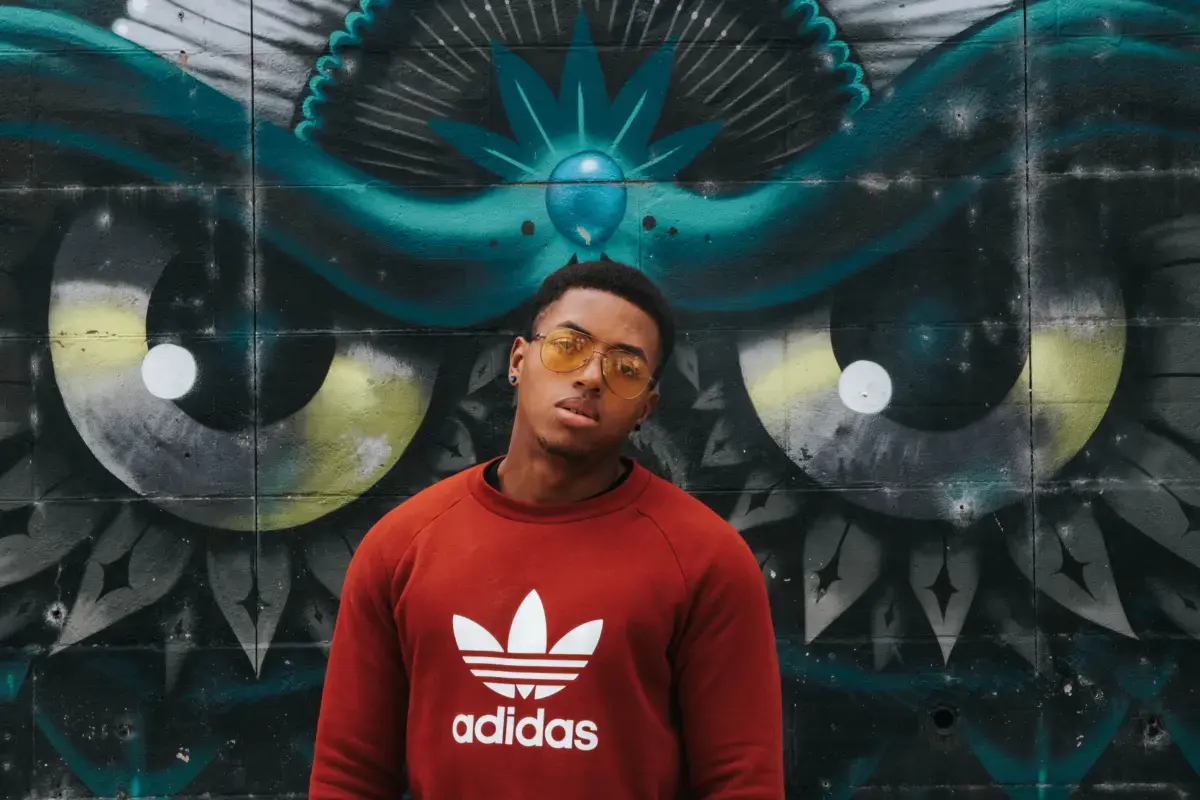
What is the Salary of a Fine Artist?
The salary expectations for a junior level fine artist will depend upon the complexity and type of work that needs to be done. It can range from $20,000 to $30,000 per year for entry level positions. As an artist progresses in their work and develops their portfolio, salaries can increase to an intermediate level of roughly $60,000 per year. At a senior level career point, salaries for fine artists typically reach upwards of $100,000 or higher based on experience and demonstrated portfolio or collection works. Senior fine artists may find success in art installations and producing limited editions which are distributed globally. Top-level fine artists also may work as independent contractors who consult on commercial projects providing specialty designs.
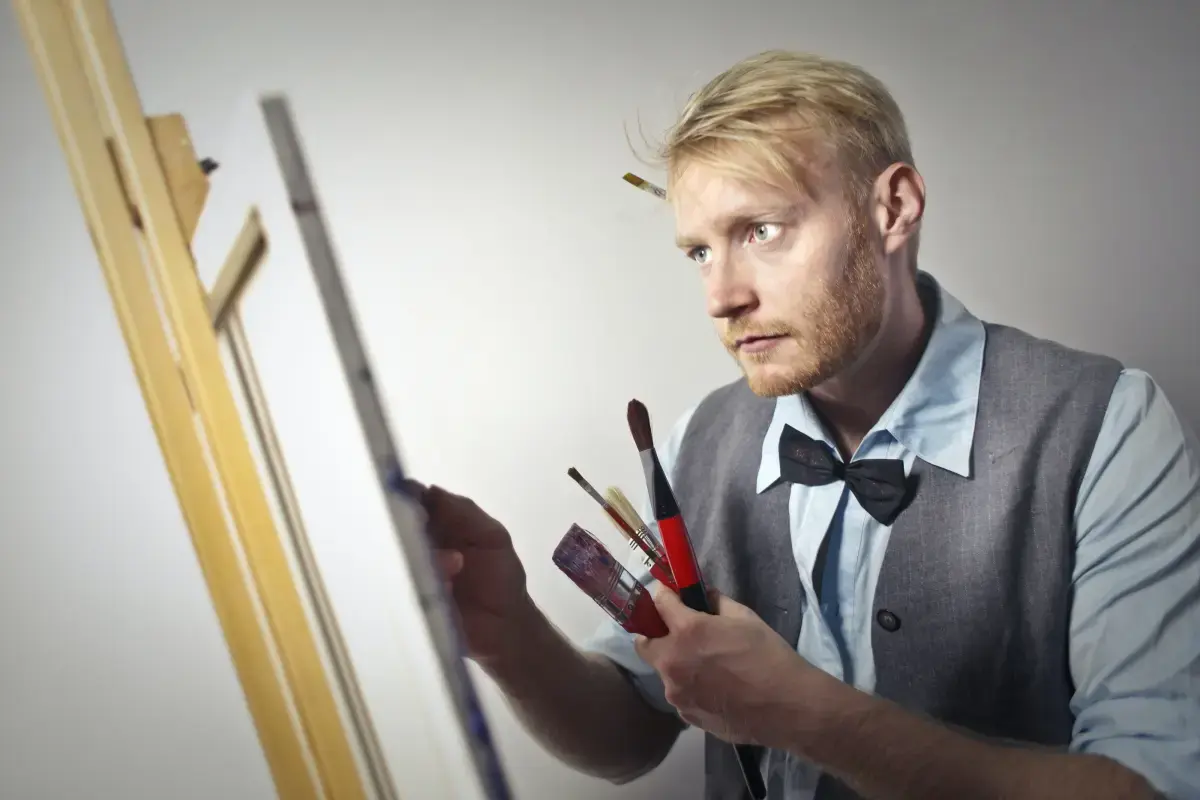
What are the Working Conditions for a Fine Artist?
The working conditions for a fine artist may vary widely depending on the artists career stage and any particular terms of employment. Generally speaking, though, a fine artist will typically spend much of their time in their own studio or workspace. They may work alone or collaborate with others. Fine artists may work long hours, including nights and/or weekends to complete projects as needed. Depending on their career stage, they may also need to attend gallery openings and other events to promote their artwork. Fine artists usually need strong self-discipline to market themselves and succeed in the profession; this requires dedication and managing finances that can be challenging for some individuals. The job itself is not typically considered dangerous but due to long hours in front of an easel or art board, there can be fatigue or injuries associated with long periods of sitting or standing still while painting or drawing. With any creative field, there is potential mental strain too as an individual artist will have difficulty succeeding if they lack consistency in producing quality work on a regular basis.
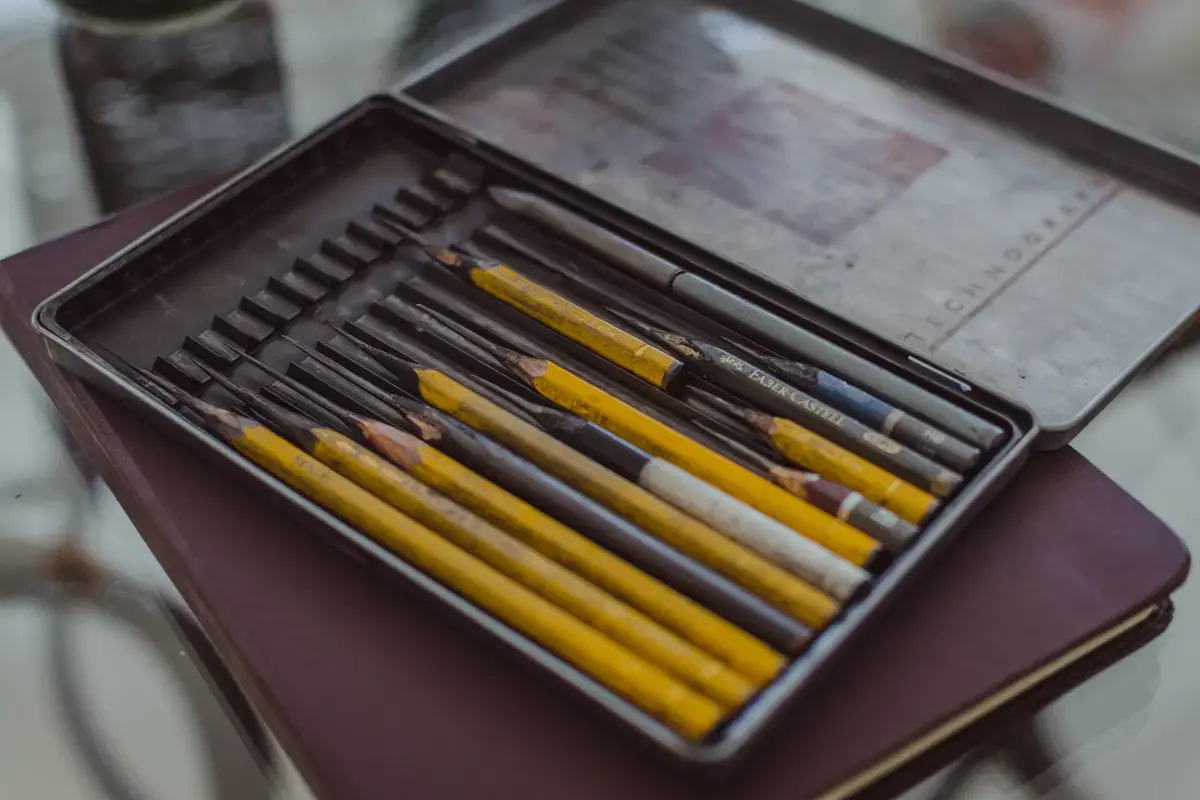
What are the roles and responsibilities of a Fine Artist?
To create artworks that are new and original, and which express the artist’s unique vision.
To have a high level of technical skill in their chosen medium or media.
To be able to generate ideas for new artworks, and to develop these concepts into finished pieces.
To have an understanding of the history of art, both as it has evolved over time, and also specific movements within this history with which they may identify themselves
possess good communication skills; not only being able to talk about their own work convincingly but also engage confidently with critics
be prepared to promote and sell their own works whilst maintaining healthy relationships with clients
should ideally progress technically throughout their careers whilst exploring fresh territory conceptually
will likely join (or set up) artists’ collectives or co-operatives in order add strength
think laterally when solving artistic problems – another key ingredient is stubbornness!
values criticisms from others as essential on the road towards mastery
seeks harmony between different elements within a composition such as line, shape color etc.,as well as
tension/dynamism created by juxtaposing contrasting styles or themes
identity expressed through artwork should authentically represent who they really are inside
research subject matter carefully before beginning each project
experiments fearlessly until satisfied
allows intuition free reign during creative process
regularly step away form work-in-progress in order gain invaluable objectivity
willing share knowledge gained along journey humbly
continue learning voraciously
strives provide viewers honest perspective while urging them confront aspects life might prefer avoid

Where can I find Fine Artist jobs?
- Create a profile on gigexchange and promote your Fine Artist skills to advertise you are Open to New Work Opportunities
- Ensure your Resume (or CV), or online work profile is up to date and represents your skills and experience. Ensure your reputation reflects your ability & attitude.
- Apply for Fine Artist Jobs advertised on gigexchange.
- Practise Fine Artist interview techniques to ensure you represent your personality and ability succinctly and confidently.
- Accept the job offer if the salary meets your expectations and the employer mission and purpose reflects your core values.
Jobs
What are the best job boards for Artist jobs?

How can I hire Fine Artist staff online for my business?
The best job board for recruiting Fine Artist experts is gigexchange.com. Advertise full-time, part-time or contract jobs to find, hire & recruit trusted, experienced and talented Fine Artist candidates near you.
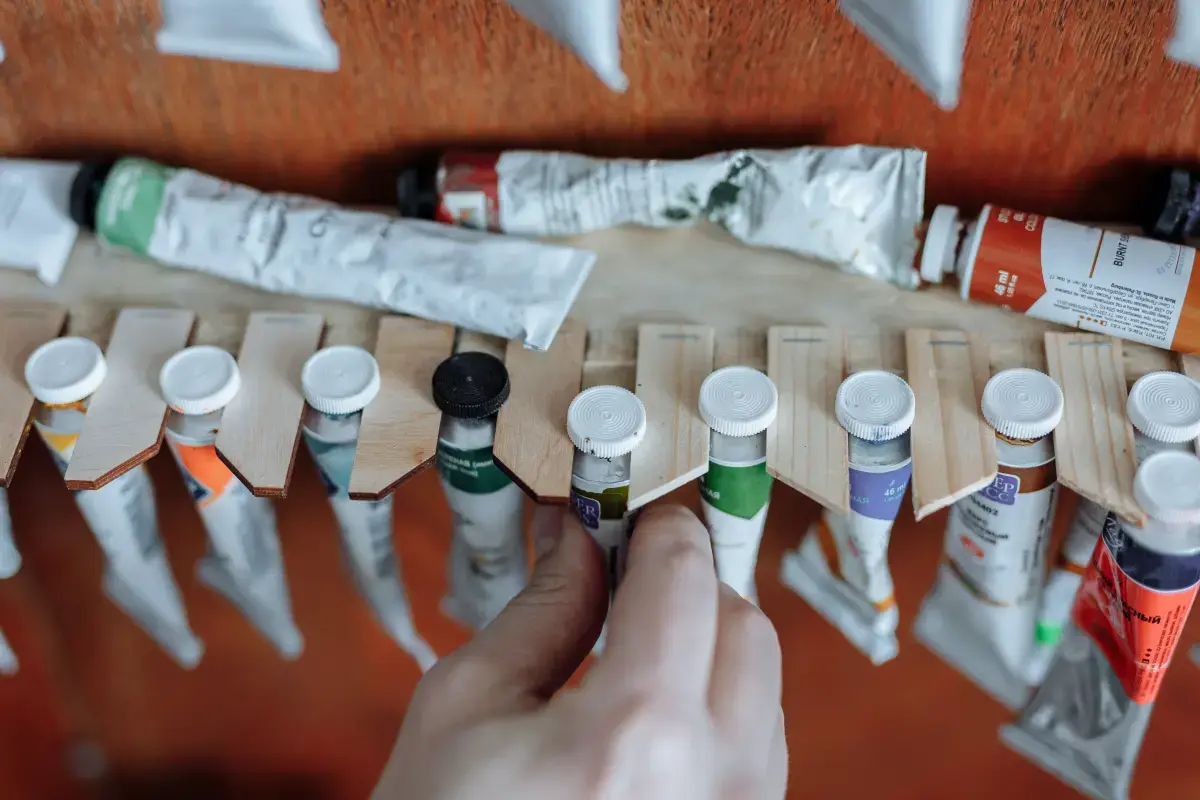
Are Fine Artist roles in demand in 2026?
Fine Artist experts are still in high demand in 2026. If you are an experienced Fine Artist or looking to train and become one. The job market is looking strong for Fine Artist jobs near me.